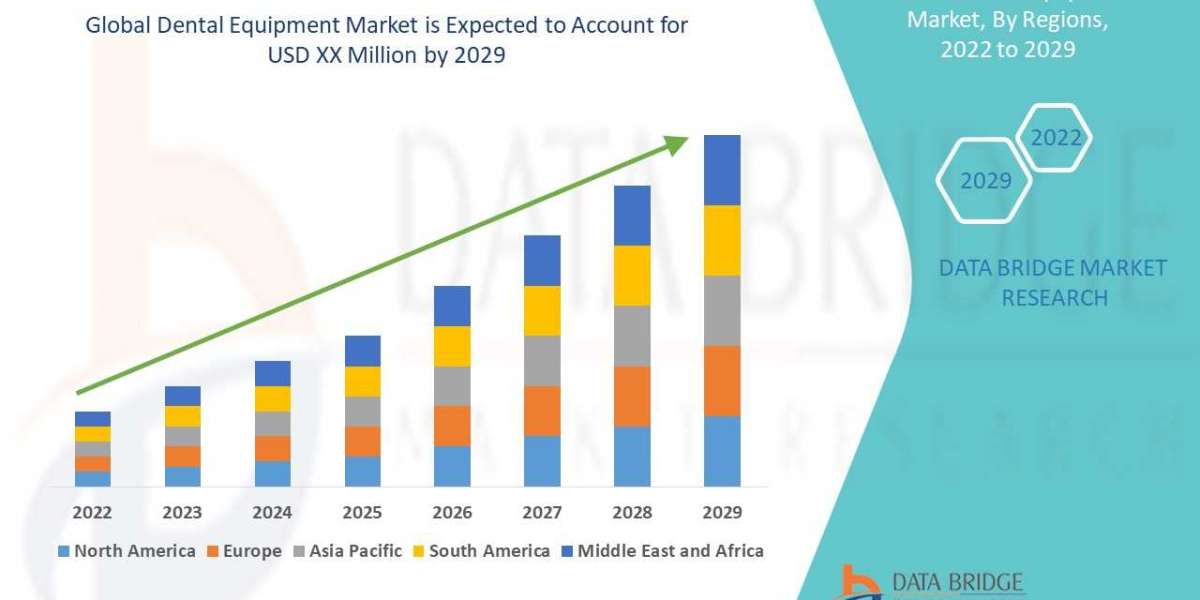Introduction
In the rapidly evolving landscape of industrial automation, artificial intelligence (AI) and machine learning (ML) have emerged as powerful catalysts for innovation and efficiency. As we delve into 2023, the impact of AI and ML on industrial automation continues to shape the way we optimize production processes, enhance safety measures, and streamline operations. This article explores the significant advancements and transformative effects of AI and ML on industrial automation in the present year.
- Smart Factories: Accelerating Efficiency
In 2023, smart factories have become the epitome of industrial automation excellence. AI and ML algorithms analyze real-time data from sensors, machinery, and production lines to drive predictive maintenance. By identifying potential equipment failures before they occur, downtime is minimized, and productivity is maximized. Additionally, AI-powered quality control systems detect defects with unprecedented precision, ensuring that products meet the highest standards. Through optimization of supply chain management, AI algorithms also enable efficient inventory control, demand forecasting, and logistics, further enhancing overall efficiency.
- Collaborative Robots (Cobots): Paving the Way for Human-Robot Collaboration
The year 2023 witnesses a profound shift in the relationship between humans and robots in industrial settings. Collaborative robots, or cobots, have gained prominence as they work alongside human workers, combining their strengths to improve productivity and flexibility. Equipped with advanced AI and ML capabilities, cobots can adapt to dynamic environments, interact safely with humans, and perform tasks that require precision and repeatability. This collaborative approach not only enhances efficiency but also offers opportunities for upskilling and reskilling the workforce, as humans and robots work together seamlessly.
- Autonomous Vehicles: Transforming Transportation
Automation technology has significantly impacted the transportation industry, particularly in 2023. Self-driving vehicles, powered by AI and ML, have become more sophisticated, capable of perceiving their surroundings, making complex decisions, and navigating autonomously. With enhanced safety features and reduced human error, autonomous vehicles hold the potential to revolutionize logistics, fleet management, and last-mile delivery. They offer improved efficiency, optimized routes, and reduced fuel consumption, ultimately transforming transportation systems and supply chain operations.
- Intelligent Process Automation (IPA): Augmenting Business Processes
Intelligent Process Automation has gained momentum in 2023, empowering businesses to automate and optimize various operational processes. Combining AI, ML, and robotic process automation (RPA), IPA systems leverage cognitive capabilities to handle complex tasks that traditionally required human intervention. From data entry and document processing to customer service and decision-making, AI-powered software robots excel in accuracy, speed, and adaptability. This frees up human employees to focus on higher-value activities that demand creativity and critical thinking, enhancing overall operational efficiency.
- Ethical Considerations: Ensuring Responsible Automation
As AI and ML continue to advance in industrial automation, ethical considerations remain crucial in 2023. Addressing concerns about job displacement, the ethical use of AI, and equitable distribution of benefits becomes paramount. Stakeholders must prioritize responsible development and deployment, ensuring transparency, fairness, and accountability. Collaboration between industry, policymakers, and academia is vital to establish regulations, guidelines, and standards that promote ethical AI and protect workers' rights.
Conclusion
In 2023, the impact of AI and machine learning on industrial automation is profound and multifaceted. Smart factories leverage AI-powered systems for predictive maintenance, quality control, and supply chain optimization, driving efficiency to new heights. Collaborative robots enable harmonious human-robot collaboration, enhancing productivity and workforce development. Autonomous vehicles revolutionize transportation systems, while intelligent process automation augments business operations. Amid these advancements, it is essential to navigate the ethical landscape, ensuring responsible automation that benefits society as a whole. As we embrace the transformative power of AI and ML, 2023 marks a pivotal year in shaping the future of industrial automation.








